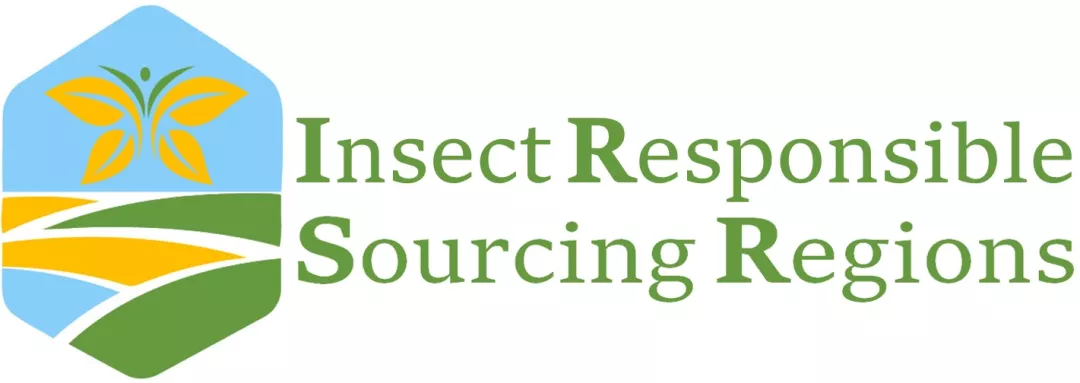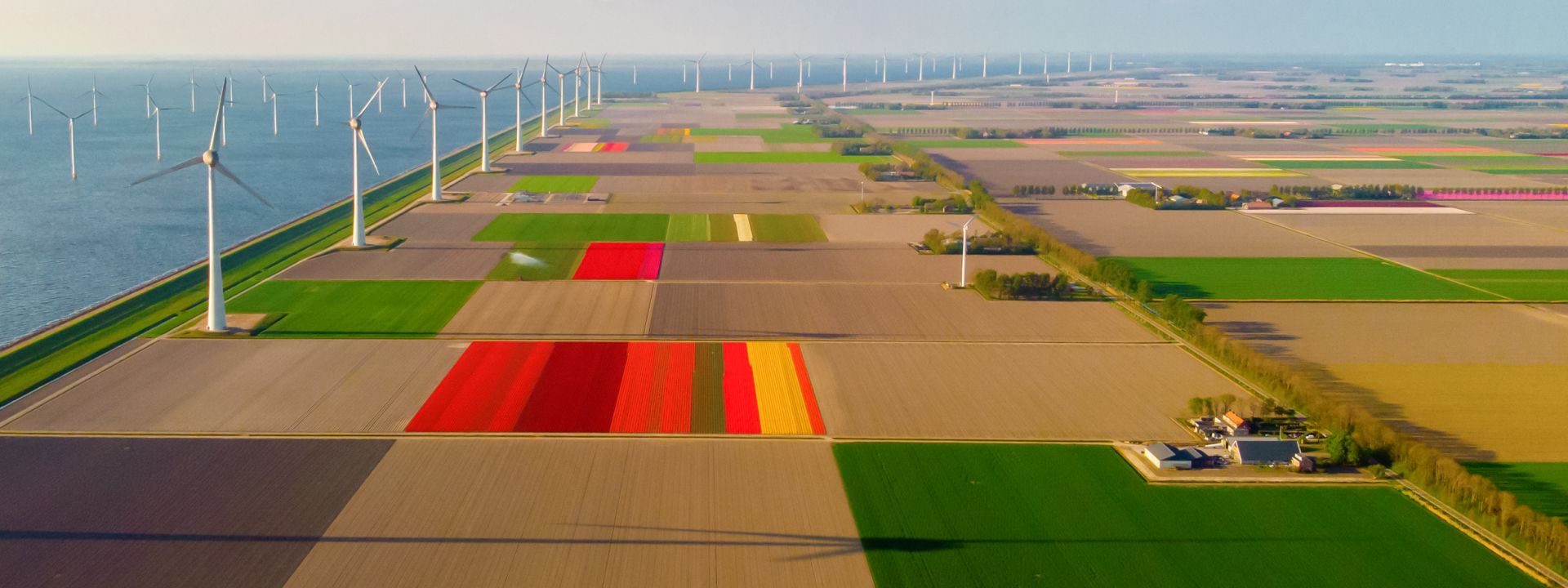LIFE project Insect-Responsible Sourcing Regions presents results and findings from the seven project regions in Germany and Italy.

The world is facing a massive decline in insects. Global studies conclude that 40% of insect species are threatened. The dramatic loss of insects is primarily attributed to the expansion of intensive agriculture, and climate change. This trend can be reduced if extensive and more sustainable agricultural practices are broadly applied. Corresponding practical approaches, including nature-based solutions for biodiversity conservation and local climate change adaptation, are available, and their impacts are at least partly well-studied. These practices reduce pesticide use, and enhance soil quality, thereby improving productivity, carbon sequestration, water quality, and the protection of pollinators and insects.
However, there is still a huge deficit regarding the know-how of farmers, food companies, and other land users about the implementation of measures - especially regarding insect protection. An additional factor that aggravates the situation is that, until today, the Common Agricultural Policy (CAP) of the EU did not develop sufficient framework conditions for insect-friendly agriculture.
This holistic project tries to tackle this huge issue by initiating the so-called Insect Responsible Sourcing Regions (ISRS). Knowing that the transition to biodiversity-friendly agriculture requires collaboration and persistent agreements between various stakeholders on sustainable practices, the project tries to involve stakeholders such as farmers, farmers’ associations /suppliers, food companies, other land users, NGOs, political decision-makers, and the specialized authorities of municipalities, counties and districts, at a regional scale. By applying a combination of farm-level and landscape approaches (sourcing regions), the project aims to boost the protection of insects. The main project objectives were:
- to apply and disseminate measures for the promotion of pollinating insects in agriculture;
- to monitor the project impact at the farm level, and, through applying project-specific software packages and citizen science, tracking the biodiversity performance over time; and
- to train competencies and the awareness of, in particular, farmers, food companies' decision-makers, retailers, and consumers.
The online workshop is aimed at representatives from politics, administration, agriculture, nature conservation, and the food industry throughout the EU, and will focus on the following questions:
How to achieve a greater area effect for insects in agriculture?
LIFE Insect-Responsible Sourcing Regions presents findings from around 60 demonstration farms in 7 regions in Germany and Italy.
How to scale up from individual farms to a landscape approach?
LIFE Insect-Responsible Sourcing Regions shows what is needed in the future for more efficient implementation of biodiversity measures in landscapes.
How can policymakers promote insect-friendly agriculture?
LIFE Insect-Responsible Sourcing Regions presents first proposals for a better funding policy.
Programme
Agenda - More than just flower strips
(PDF – 470.92 KB)
Additional info
Organiser

Lake Constance Foundation
National stakeholders

Global Nature Fund
National stakeholders

Netzwerk Blühende Landschaft
National stakeholders

Bäuerliche Erzeugergemeinschaft Schwäbisch Hall
National stakeholders

Nestlé Germany
National stakeholders
